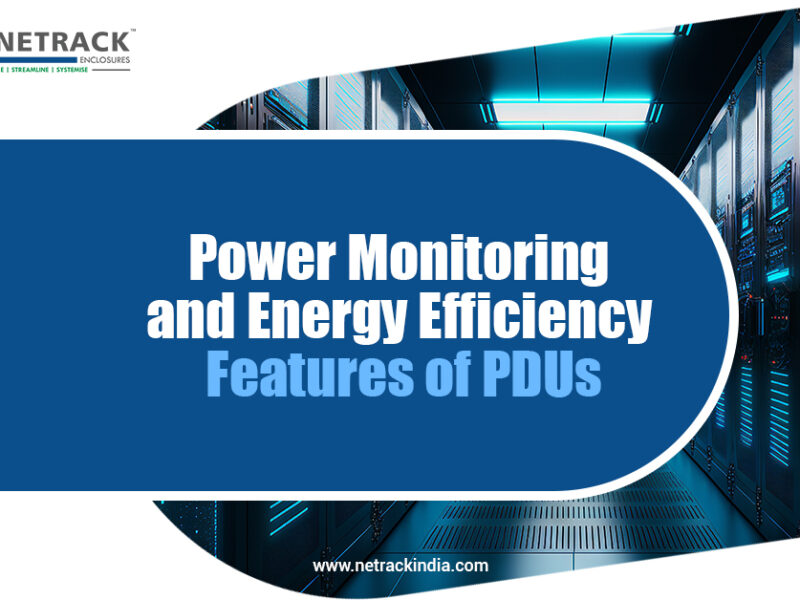
The Ultimate Guide to Server Rack Locks: Enhancing Data Security
It takes years of hard work to build a reputation and minutes of a single cyber-incident to ruin it!
We are living in a digital age where data holds supreme power and security breaches appear as a constant threat. In such an ecosystem safeguarding sensitive information is important and critical. While digital security measures like firewalls and encryption are essential, physical security plays an equally important role in protecting data integrity. Within the heart of any data center lies the nerve center of information storage and processing – the server racks. Securing these racks is not merely an option but a necessity in today’s digital landscape. The server rack locks act as the first level of security to ensure that the data center can run smoothly.
Importance of physical security management system in the data center
Physical security management in a data center involves the measures taken to safeguard the physical assets of the facility, including servers, networking equipment, and storage devices. It serves as the first line of defense against unauthorized access, theft, and tampering. While digital security measures are crucial, a comprehensive approach on the other hand includes robust physical security for safeguarding sensitive data from both internal and external threats.
Types of server rack locks
Netrack believes that depending upon the need of a data center, one should opt for either of the below server rack locks to secure the environment.
Die Cast locks with common key: These traditional locks that operate with a common key that can open multiple locks. While cost-effective and simple to implement, they lack individualized security features, making them vulnerable to unauthorized entry, duplication of key and access.
Die Cast locks with unique key option: Die Cast offer with unique key enhanced security by providing unique keys for each lock. This minimizes the risk of unauthorized access through key duplication. However, managing multiple keys can become difficult at times, especially in a large data center with several racks to manage.
Intelligent locking systems: These advanced locking systems utilize sophisticated controllers to enhance security and access control. Biometric/Card/Face or Multi Factor Authentication readers, offer high levels of access authentication.
The locking systems in the offering
Netrack offers robust and effective locking systems for rack security. The intelligent locking systems manufactured by Netrack helps to protect, monitor, and trigger alarms whenever required. They are reliable, scalable, and cost-efficient. Here it must be mentioned that three types of locking systems are available as per the need of the customer.
For single point locking system, the door is locked to the frame at a single point, typically through a latch mechanism. While simple and cost-effective, it may lack robustness against forced entry attempts. 3-point locking system on the other hand secures the door at multiple points along its frame, offering increased resistance to tampering and unauthorized access. 4-point locking systems is an excellent choice when physical security is absolutely crucial. This system attaches the door to the frame at four different locking points, providing maximum resistance against intrusion attempts. This comprehensive locking mechanism ensures complete protection to the sensitive data housed within the server racks.
Netrack’s preference for multiple locking systems
While each locking system offers varying levels of security, Netrack advises its clients to implement multi point locking systems to fortify the physical security of the data center. By combining different locking mechanisms, such as a combination of Die Cast locks with unique key with biometric-based controllers and a 4-point locking system, data center operators can create layers of defense that can prevent any unauthorized access and mitigate the risk of data breaches.
Last word!
Hence, server rack locks are a big part of a robust data security infrastructure. By investing in advanced locking systems and embracing a multi-layered security approach, data center operators can safeguard sensitive information, mitigate risks, and maintain the integrity of their data assets in a digital world.




